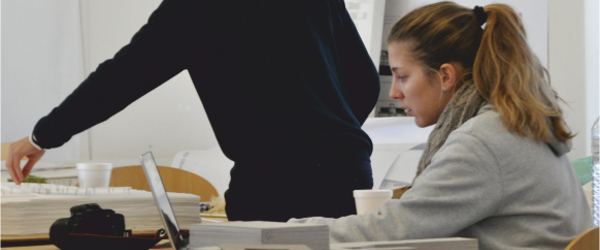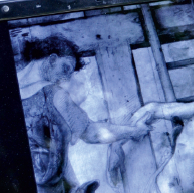

SOCIALITIES OF MUSIC
The focus of this lecture is musical community in a variety of contexts. I begin with choral music, ranging from community choirs and barbership singing to the natural voice movement, and with the particular sense of musical togetherness they engender; I compare this with ideas of music's utopian potential for the reformation of human relationship that are built deeply into the culture of jazz, and that played an equally important role in the culture of string quartet performance in early nineteenth-century Germany. I also trace the way in which musical genres from string quartets to Asian traditional musics to contemporary American composition employ specific technical devices to create intimate interaction and empathetic attunement among participants, resulting in what I call closely knit webs of sociality. Finally I interrogate the idea of participation, which many have see as the indispensable basis of music's social effects, creating shared experience in a way that concert music—the presentation of music before a non-participant public—cannot. I disagree. All social activities heighten the sense of belonging, however briefly, to an affective community. But what makes music special is the degree to which you participate even when you are in the audience or—more importantly—when you consume music, as most people do today, via the digital media of sound or video recording. Music matters in the modern world because it engages contemporary media in the creation of intensely human socialities.Prof. Nicholas Cook
is Emeritus Professor of Music at the University of Cambridge, having previously taught in Hong Kong, Sydney, Southampton, and London. His work ranges across a wide range of areas within music studies, and his Music: A Very Short Introduction (1998) is published or forthcoming in sixteen languages. More recent books include The Schenker Project: Culture, Race, and Music Theory in Fin-de-siècle Vienna (2007), which won the Society for Music Theory's Wallace Berry Award in 2010; Beyond the Score: Music as Performance (2013), which is based on his work as Director of the AHRC Research Centre for the History and Analysis of Recorded Music (CHARM); and Music as Creative Practice, which appeared in 2018. A book entitled Music, Encounter, and the Relational (for which he was awarded a British Academy Wolfson Research Professorship) is nearing completion, while he is co-editor of The Cambridge Companion to Music in Digital Culture, which will appear later this year. A former editor of Journal of the Royal Musical Association, he is a Doctor of Humane Letters of the University of Chicago and was elected Fellow of the British Academy in 2001.




